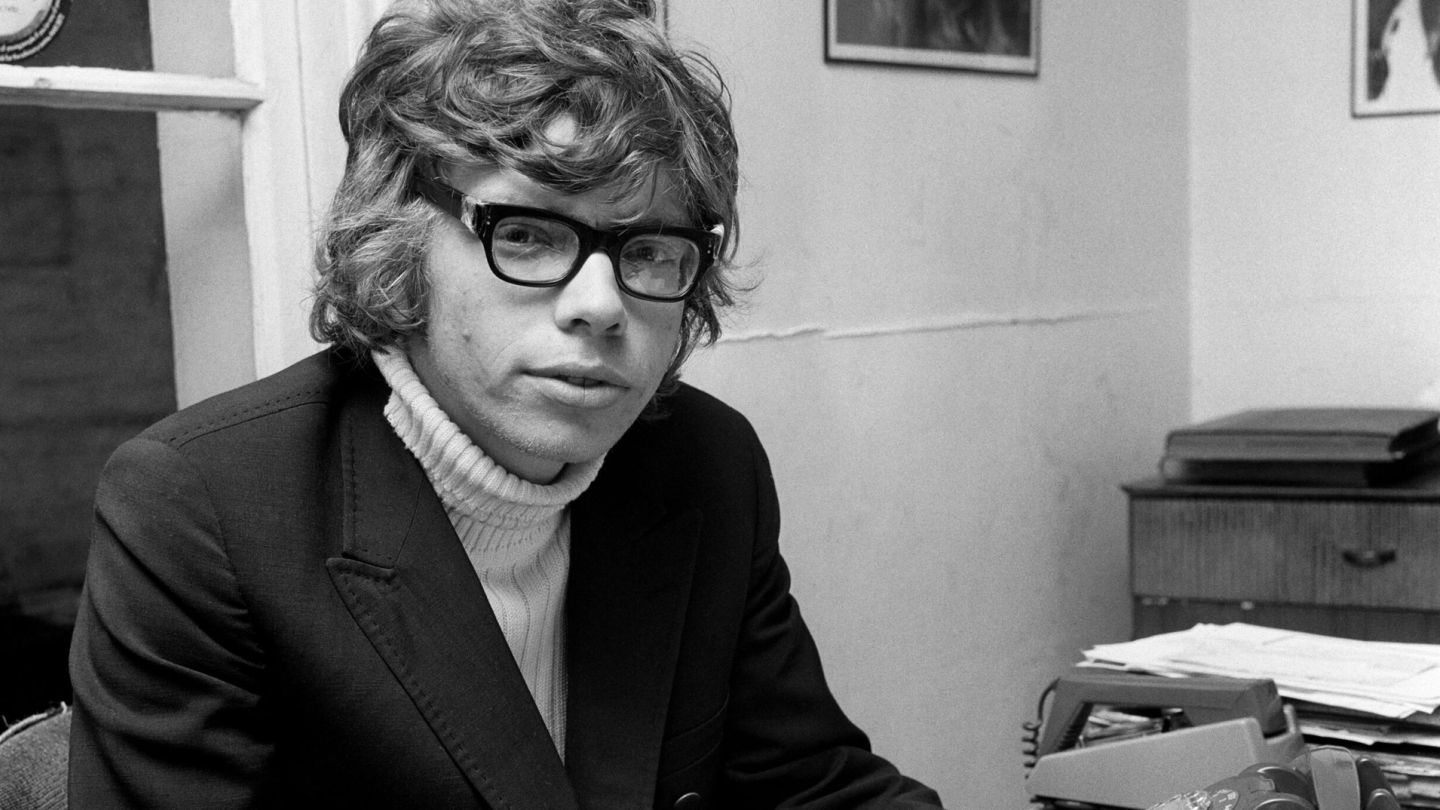

Words: Joseph Bullmore
The race of life is long – and in the end, it’s only with yourself. Good advice, we’re sure. But sometimes it’s nice to peek into the other lanes and see how everyone else is doing. Here’s what the world’s most successful gentlemen were doing in their twenties.
Long before Jeff Bezos was flipping companies, the bookmonger-turned-billionaire-turned-high street cannibal was flipping burgers. Bezos got his start in life as a “grill man” at McDonald’s during a summer off. And things didn’t go entirely smoothly:
“My first week on the job, a five-gallon, wall-mounted ketchup dispenser got stuck open in the kitchen and dumped a prodigious quantity of ketchup into every hard-to-reach kitchen crevice. Since I was the new guy, they handed me the cleaning solution and said, ‘Get going!'” Bezos told Teets. “I was a grill man and never worked the cash registers. The most challenging thing was keeping everything going at the right pace during a rush.”
The world’s most successful investor started out as a small town stock peddler in Omaha, Nebraska, before moving to New York to become a securities analyst at age 26. But it was still a while before young Buffett started sniffing out the big bucks. In fact, it was only after studying for a Master’s in economics at Columbia University that Buffett returned to his hometown of Omaha to start his own investment vehicle – and even then he needed some persuasive pokes from his family and friends. Buffet’s success with that partnership soon launched him to the helm of Berkshire Hathaway, which he transformed from a textile company into the behemothic conglomerate it is today.
The fourth richest man in the world believes that the small town mentality he nurtured in Nebraska has been instrumental to his success. “In some places it’s easy to lose perspective,” he once told NBC. “But I think it’s very easy to keep perspective in a place like Omaha.”
Ralph Lauren had always wanted to be rich, but he very quickly realised that his birthname might prove something of a stumbling block. So he changed it – from the slightly unfortunate Ralph Lifshitz to the oofier, more European Ralph Lauren. “My given name has the word ‘shit’ in it,” he told Oprah Winfrey many years later. “When I was a kid, the other kids would make a lot of fun of me. It was a tough name. That’s why I decided to change it.”
These serious and unsentimental instincts stayed with Lauren throughout his youth and into his years in the army, which he left at the age of 24. Soon he had installed himself as an assistant at Brooks Brothers, where he very quickly showed a flair for branding and garment making.
At 26, Lauren spotted movie star Douglas Fairbanks Jr. wearing a broad, continental-style necktie, and decided to pinch the silhouette for a range of his own. Operating out of a single drawer in the Empire State Building, Lauren would flog ties made from off-cuts of other fabrics to businessmen, banker and billionaires alike. Soon, he’d opened a tie shop of his own, and less than a year later his eponymous Polo range was unleashed upon the world.
Page and Brin – co-founders of Google and gatekeepers of the world’s information – met when they were Ph.D candidates, muddling through their doctorates at Stanford University. Though the two seemed to “disagree on most subjects”, according to Brin, they soon became “intellectual soul-mates and close friends.”
This friendship led to the pair abandoning the meat of their studies and devoting their attention to the PageRank algorithm instead – a new sorting system that they soon realized could much better categorise the information on the burgeoning World Wide Web than anything else on the market. By the time they were 25 the pair had founded Google.
At the age of 20, Branson began selling records out of an old church crypt in West London, using the workforce and disruptive mentality that he’d gathered at his homegrown Student magazine, which he’d started at the age of just 16. A mail order service at first, Virgin Records soon moved to a small shop floor on Oxford Street, where its vinyl LPs sold for considerably less than the established high street names. After all, as Branson once said: “There is no point in starting your own business unless you do it out of a sense of frustration.”
By 23, the dogged entrepreneur had started his own record label, and by 30 he was a millionaire. But those years in his twenties were tougher than any that followed:
“I remember them vividly. It’s far more difficult being a small-business owner starting a business than it is for me with thousands of people working for us and 400 companies. Building a business from scratch is 24 hours, 7 days a week, divorces. It’s difficult to hold your family life together; it’s bloody hard work and only one word really matters — and that’s surviving.”


